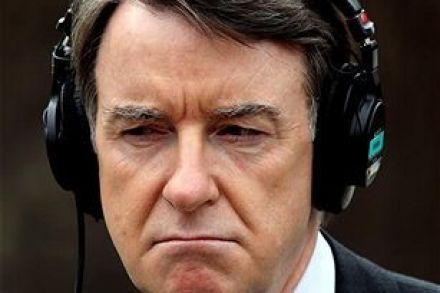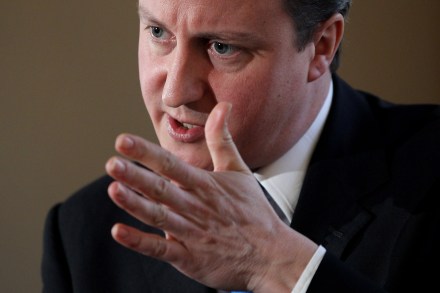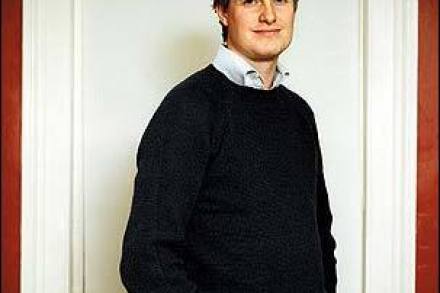A morning of to-and-fro
Who’s in the ascendant this morning? As Pete noted earlier, David Cameron’s barnstorming morning stalled on the Today programme when pressed to cost his National Insurance tax cut. The government went to it press conference scenting blood – understandably vague Tory tax pledges can be easily represented as indicative of general incoherence. Mandelson was in political warlord mode, flanked by Liam Byrne and Alistair Darling, his unlikely musclemen. But they blew it. First, Byrne and Mandelson asserted, with absolute certainty, that the Tories will raise VAT. Opaque pledges cannot be successfully criticised by baseless soothsayings. Alistair Darling then compounded the error by suggesting that the Tories were too incompetent to




















